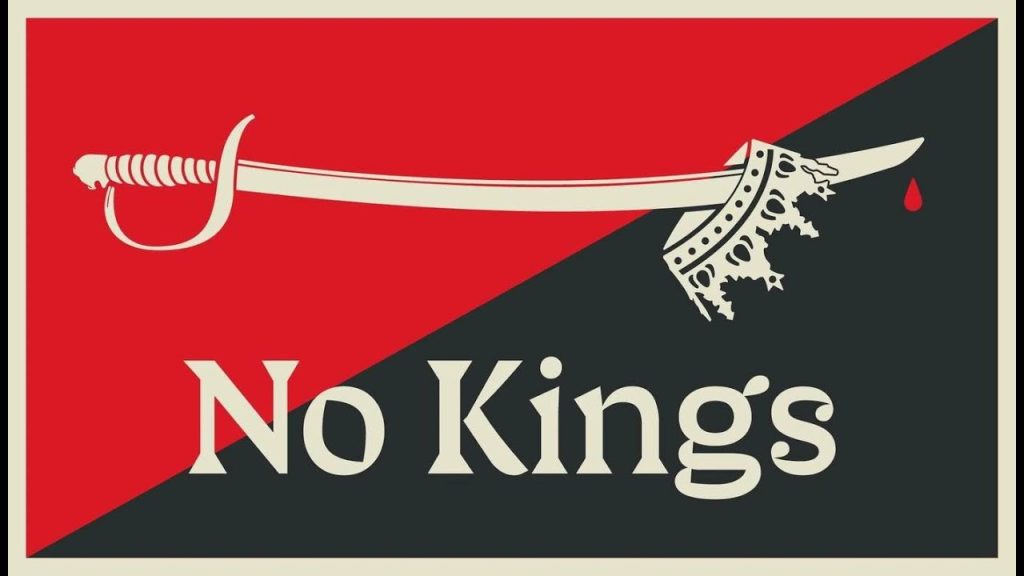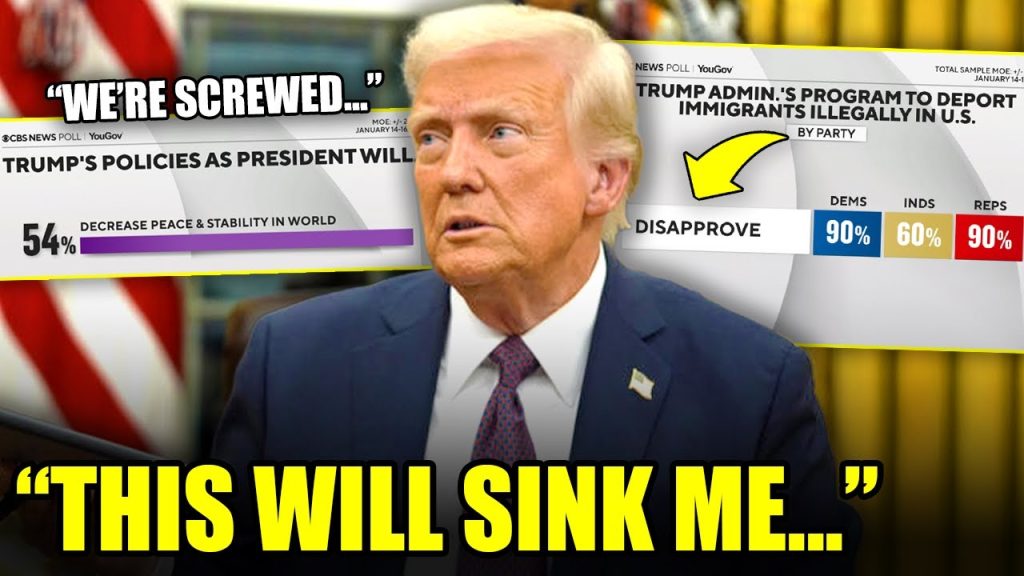The provocative phrase “No Kings, No Masters!” serves as a rallying cry against hierarchical control and centralized authority, evoking centuries-old debates about power, governance, and individual freedom. This slogan historically aligns with anarchist and libertarian socialist movements that reject traditional structures of imposed rule, whether monarchic or bureaucratic, and advocate for self-management and voluntary cooperation.
In a modern political context, the resurgence or renewed emphasis on such a slogan suggests ongoing discontent with entrenched power systems globally. Whether in response to perceived governmental overreach, corporate influence, or institutional inertia, this phrase encapsulates demands for more egalitarian social arrangements free from domination by political leaders or economic elites.
The sentiment behind “No Kings, No Masters!” has roots in 19th and 20th-century workers’ movements, anti-authoritarian protests, and calls for radical democracy. It challenges the legitimacy of centralized authority figures, questioning the concentration of power that often leads to inequality and repression. Today, it resonates in various social justice movements pushing for decentralization, participatory governance, and direct action.
In recent years, political landscapes worldwide have witnessed a surge in grassroots activism aimed at dismantling longstanding power hierarchies. This slogan can symbolize the spirit of those mobilizations, emphasizing autonomy and collective decision-making. It encourages scrutiny of leadership structures and advocates for frameworks that empower individuals and communities rather than concentrate control in the hands of a few.
Understanding the deeper implications of “No Kings, No Masters!” requires exploring the historical struggles against monarchy, dictatorship, and economic exploitation, as well as contemporary debates over state power, corporate governance, and civil liberties. It invites reflection on how societies organize themselves and the values they uphold.
Where to Learn More
- Encyclopedia Britannica – Comprehensive overview of anarchism and its principles
- History.com – Historical context behind the slogan and related social movements
- Al Jazeera – Authoritarianism Coverage – Current affairs and analysis of political authority worldwide
- Oxford Reference – Definitions and historical background on liberty and masters in political theory




